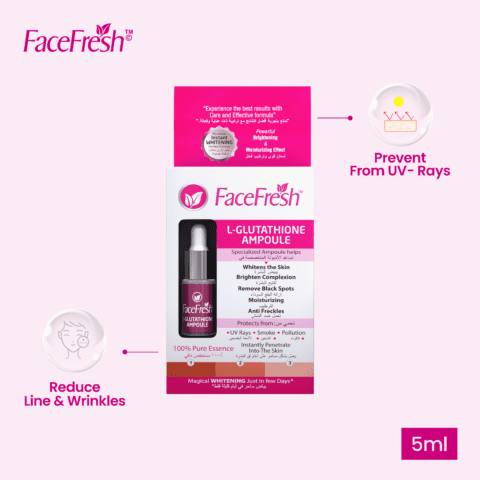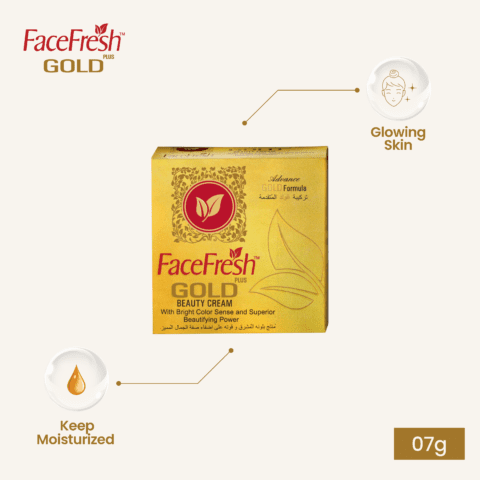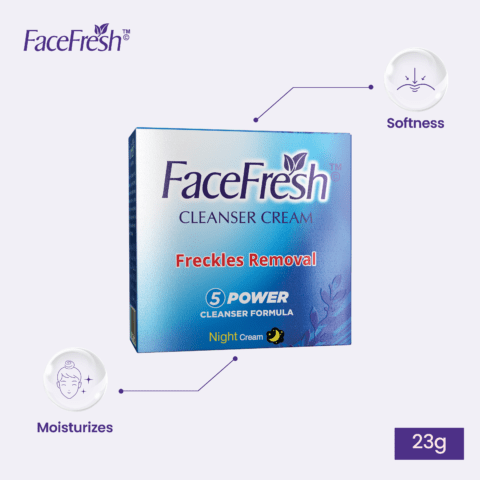Understanding your skin type is crucial for maintaining healthy and glowing skin. Different skin types have unique characteristics and require specific care routines and products. In this comprehensive guide, we will explore the various skin types and provide you with the knowledge to identify your own. So, let’s dive in and discover how to know about your skin type and tailor your skincare regimen accordingly.
How to Know About Your Skin Type?
To determine your skin type, you need to examine certain factors such as oiliness, sensitivity, hydration levels, and susceptibility to breakouts. By observing these characteristics, you can identify whether your skin falls under one of the common types: normal, dry, oily, combination, or sensitive.
1. Assessing Oiliness
Oiliness is a significant indicator of your skin type. Take a tissue paper and gently press it against your face, focusing on your T-zone (forehead, nose, and chin). Observe the results:
- If the tissue paper has little to no oil residue, you likely have normal skin.
- If the tissue paper shows minimal oil on the T-zone, but the rest of your face is dry, you have combination skin.
- If the tissue paper appears soaked in oil, your skin type is oily.
- If there is no oil residue on the tissue paper, your skin is likely dry.
2. Determining Sensitivity
Skin sensitivity refers to how your skin reacts to various environmental factors and products. Sensitive skin tends to react easily, becoming irritated, itchy, or experiencing redness. Answer the following questions to assess your skin’s sensitivity level:
- Do you experience frequent itching or redness after using new skincare products?
- Does your skin react strongly to extreme weather conditions or certain fabrics?
- Is your skin prone to rashes or breakouts when exposed to irritants?
If you answered yes to most of these questions, you likely have sensitive skin.
3. Analyzing Hydration Levels
Hydration plays a crucial role in maintaining healthy skin. Determine your skin’s hydration levels by observing its appearance and texture:
- If your skin feels tight, rough, or flaky, it indicates dry skin.
- If your skin appears plump, supple, and well-moisturized, it is likely normal or hydrated.
- If your skin feels oily or greasy, especially in the T-zone, it suggests that your skin is dehydrated.
4. Observing Breakout Susceptibility
Breakouts can occur due to various factors, including hormonal changes, diet, stress, and skincare products. Analyze your skin’s susceptibility to breakouts:
- If you rarely experience breakouts and have clear skin, you likely have normal skin.
- If your skin frequently develops blemishes, pimples, or blackheads, it may be oily or combination.
- If your skin is prone to irritation and breaks out easily, it could indicate sensitive skin.
FAQs about Skin Types
1. Can my skin type change over time?
Yes, your skin type can change due to factors such as aging, hormonal fluctuations, weather conditions, and lifestyle choices. It is essential to periodically reevaluate your skin type to ensure your skincare routine remains effective.
2. Should I use different skincare products for each skin type?
Yes, using skincare products specifically formulated for your skin type can yield better results. These products are designed to address the unique needs and concerns associated with each skin type, promoting healthier and clearer skin.
3. What ingredients should I look for in skincare products for my skin type?
For dry skin, opt for products with hydrating ingredients such as hyaluronic acid, glycerin, and ceramides. Oily skin benefits from products containing salicylic acid, tea tree oil, and witch hazel. Those with sensitive skin should seek gentle, fragrance-free products with soothing ingredients like aloe vera and chamomile.
4. How can I maintain healthy skin regardless of my skin type?
Regardless of your skin type, it is essential to follow a consistent skincare routine that includes cleansing, moisturizing, and sun protection. Additionally, maintaining a healthy lifestyle, including a balanced diet, regular exercise, and adequate hydration, contributes to overall skin health.
5. Can I consult a dermatologist to determine my skin type?
Absolutely! If you are unsure about your skin type or need professional guidance, it is advisable to consult a dermatologist. They can perform a thorough analysis and provide personalized recommendations based on your unique skin characteristics.
6. Are there any online resources to learn more about skincare and skin types?
Certainly! The internet offers a wealth of resources for learning about skincare and skin types. Websites like Wikipedia provide detailed information about different skin types, their characteristics, and recommended skin care practices.
Conclusion
Understanding your skin type is the first step towards achieving healthy and radiant skin. By assessing oiliness, sensitivity, hydration levels, and breakout susceptibility, you can identify whether your skin is normal, dry, oily, combination, or sensitive. Armed with this knowledge, you can tailor your skincare routine and select appropriate products to address your specific needs. Remember, if you are unsure about your skin type or need professional advice, consult a dermatologist for personalized recommendations. Here’s to embracing your unique skin type and enjoying a vibrant complexion!





Leave a comment
Your email address will not be published. Required fields are marked *